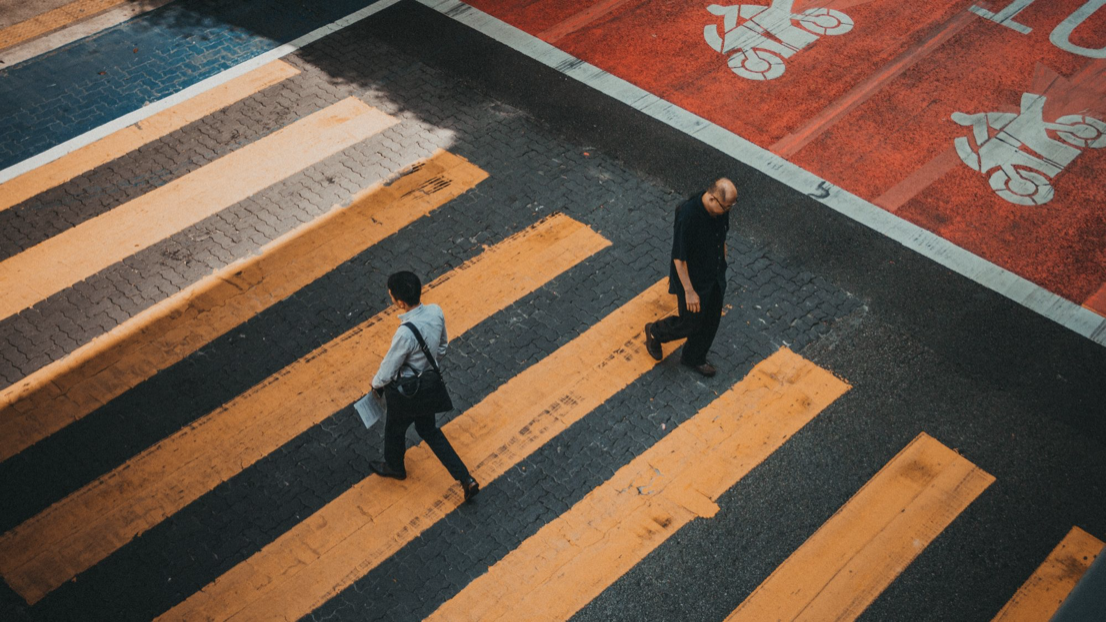If you’re into streaming video (and in this time of pandemic isolation, who isn’t?) you might have seen teasers for a new release from Netflix, Two Distant Strangers. The plot seems simple on the surface: Carter, a young Black man, keeps reliving the aftereffects of what seems to be a perfect night with the partner of his dreams, but unlike Groundhog Day (1993), the familiar cousin to this movie, there isn’t a happy ending. There isn’t really even any ending. The movie just stops showing the repeating scenes in which the protagonist meets the end of his same waking nightmare.
I haven’t watched it, and don’t intend to, even though it’s nominated for the 2021 Academy Award for Best Live Action Short Film. I’m skipping it because it is another film where Black pain is centered and displayed. As a consumers of a steady diet of information on my screens, I can see enough of that when I turn on the TV or browse my social media feeds. I am not a stranger to this pain; I am familiar with it, and either dulled to its import or triggered again to despair.
The distant strangers in the film are Carter, a young cartoonist, and Merk, the police officer whom he encounters at the end of every day of his life. Carter is hopeful and full of life. Merk has a job to do and performs it faithfully every single time, to the same tragic conclusion.
If you are in any way aware or awake in America right now, you see this dynamic repeated endlessly, exchanging names and cities but with the same results: a Black person, usually a Black male, has an encounter with the police, and only the police are alive at the end. Two strangers meet, and one survives. The distance is not in proximity but in understanding: why can’t the police see the lives and pain of Black people? What is missing in these encounters?
So I ask, what are all the protests and rage and demands for justice doing to change the trajectory of these encounters? At the end of each moment I add to the list of Black Americans killed this year alone for such things as jaywalking (Kurt Reinhold) or dating a woman that a police officer wanted for himself (Robert Howard) or for telling the police to leave his property (Patrick Warren, Sr.) or, more recently, driving with an air freshener hanging from his rear view mirror (Daunte Wright).
This is frightening and enraging and discouraging. It seems as if we as a nation are locked in a perpetual reliving of the last worst day of our lives, again and again. We are distant strangers, living out lives incomprehensible to one another.
But I believe we can change this narrative, not by ignoring the events, but by first changing ourselves by getting to know one another. This magazine exists for that single purpose, to share more about each other so that we better see the humanity common to all of us—and because of that, begin to make changes in our lives in how we encounter people, how we treat people, how we make a difference in the worlds where we have some impact, and ultimately how we decide some of our most profound choices, such as whom we include in our lives, whom we hire and promote, and for whom we pull the levers in an election.
The old saying is that it is not our duty to finish the work, but neither are we at liberty to neglect it. It’s time for us to use our lives more fully so that we do the work that we can do to bring us closer to equality, to inclusion, to acceptance—and to love.
Let’s do that. Let’s love one another.
stephen matlock
OHF Weekly Senior Editor
Photo by Deva Darshan on Unsplash


